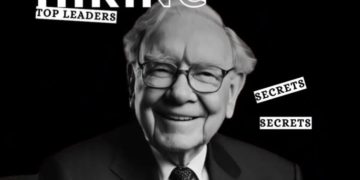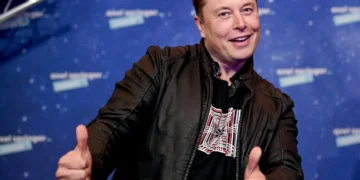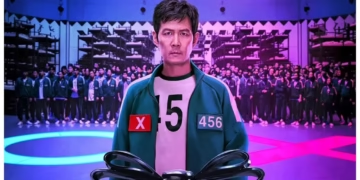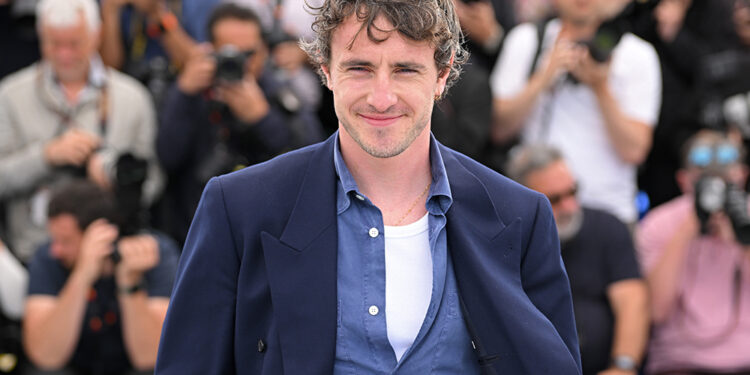Irish actor Paul Mescal, known for his breakout role in Normal People and his rising presence in Hollywood, is making headlines once again — not just for his performances, but for his powerful take on the evolution of male representation in film. In a recent interview, Mescal remarked that movies are “moving away from the ‘alpha’ male lead,” signaling a broader shift in how masculinity is portrayed on screen.
A New Era of Male Characters
For decades, Hollywood’s leading men fit a very particular mold: tough, emotionally reserved, physically dominant — in other words, the classic “alpha male.” From action heroes like Rambo and James Bond to emotionally distant fathers and stoic antiheroes, the industry often portrayed men as strong, silent types with little room for vulnerability.
But as Paul Mescal sees it, that narrative is changing — and he’s part of the wave pushing it forward.
“There’s now a demand for complexity, softness, and emotional intelligence in male leads,” Mescal noted.
Mescal’s Impact on Screen
Mescal’s roles stand in stark contrast to the outdated stereotype. In Normal People, he played Connell, a young man struggling with vulnerability, class, and love — far from an emotionless, macho figure. In Aftersun, he delivered a deeply moving performance as a father quietly unraveling under emotional strain. These portrayals show a more human, relatable masculinity.
He’s also set to star in Ridley Scott’s Gladiator 2, a role that might seem to contradict his statement at first glance. But Mescal hints that even this traditional action epic will explore new layers of character and emotional nuance.
The Decline of the “Alpha” Archetype
Mescal’s observation taps into a broader trend. In recent years, audiences have responded more positively to male leads who are emotionally complex and self-aware. Think:
- Timothée Chalamet in Call Me by Your Name
- Barry Keoghan in The Banshees of Inisherin
- Andrew Garfield in tick, tick… BOOM!
These actors bring sensitivity and depth to their roles, pushing back against toxic masculinity and offering a healthier, more realistic model of male identity.
Reflecting a Cultural Shift
This cinematic evolution reflects broader societal changes. Conversations around mental health, emotional vulnerability, and gender expectations are now mainstream. Viewers are no longer satisfied with one-dimensional male heroes. Instead, they crave stories that reflect real human complexity.
For young men especially, these new portrayals can offer validation and relief — showing that it’s okay to feel, to struggle, to not have all the answers.
What’s Next?
As Mescal’s career continues to rise, it’s likely he’ll play a pivotal role in redefining masculinity on screen. He, and other actors like him, are helping usher in a new chapter where strength is measured not by dominance, but by depth.
What do you think about the shift away from “alpha” male leads? Is this the future of film, or just a passing trend? Join the conversation below.




















Gbpslot1, sounds like a place to chase those wins! The graphics are really cool with some of the newer games, especially. I like the vibe, decent payouts. My experience was positive, might be yours too! gboslot1